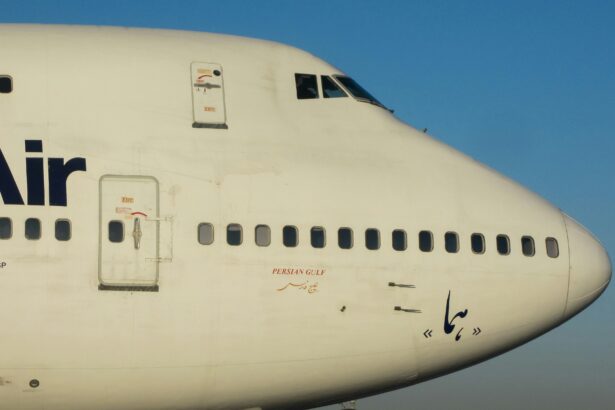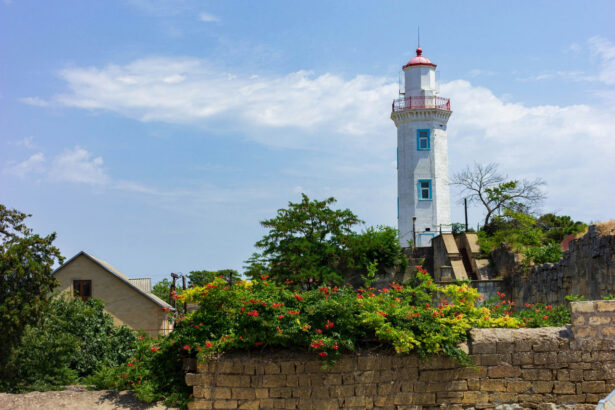Russia, Finland, Sweden, Denmark, Norway, Iceland and the European Commission participate in cooperation within the Barents Euro-Arctic Council (BEAC). The United States, Canada, Japan, Great Britain, France, Italy, Germany, the Netherlands, Poland have observer status. The founding document of the Council is the Kirkenes Declaration, signed by the foreign ministers of the region on the 11 January, 1993.
The Declaration emphasizes the importance of cooperation in such areas as economy, energy, transport, environmental protection, science, culture, education, development of transborder contacts between people and tourism, assistance to the indigenous peoples of the member countries.
Cooperation in the Euro-Arctic region has a two-tier structure. BEAC is an authority of interstate interaction. The Council meets once a year at the level of foreign ministers. The main working body of BEAC is the Committee of Senior Officials. Working and target groups have been formed to realization the current practical work in the main areas of cooperation within the BEAC.
The Regional Council operates under the aegis of the BEAC. The Council includes the heads of the administrative units that form the Barents region (from Russia — the Murmansk and Arkhangelsk Oblasts, the Republic of Karelia and the Nenets Autonomous Okrug), as well as representatives of the indigenous peoples of the region. The working body of the Regional Council is the Regional Committee. Within the Regional Council of BEAC, there are also independent working groups in certain areas of cooperation. All BEAC and Regional Council projects are aimed at Russia.
The Joint Working Group on Tourism (JWGT) was established to develop tourism business in the Barents Euro-Arctic Region and to promote sustainability in terms of ecological, social and cultural tourism. In practice, it means the possibility of developing multilateral cooperation and joint projects, networking and exchange of information.
JWGT works at both national and regional levels. At the national level, it provides information on the current state policy in this area, on plans and programs, on national legislation and amendments. The regional level of JWGT works in practice.
JWGT objectives:
- to raise international awareness and interest in the BEAR and increasing inbound tourism;
- to promote entrepreneurship and employment in tourism for increasing tourism revenue in BEAR;
- to develop and implement the transborder tourism projects;
- to improve conditions for the development of tourism in BEAR as advance of infrastructure (air and railway transport);
- to preserve the unique tourist attractions of BEAR by developing sustainable tourism and adaptation to the climate changes;
- to promote the authentic and high quality joint products based on local cultures and traditions of the BEAR like cultures and traditions of indigenous peoples;
- to cooperate in tourism, education and research fields for identifying and disseminating best practices.



